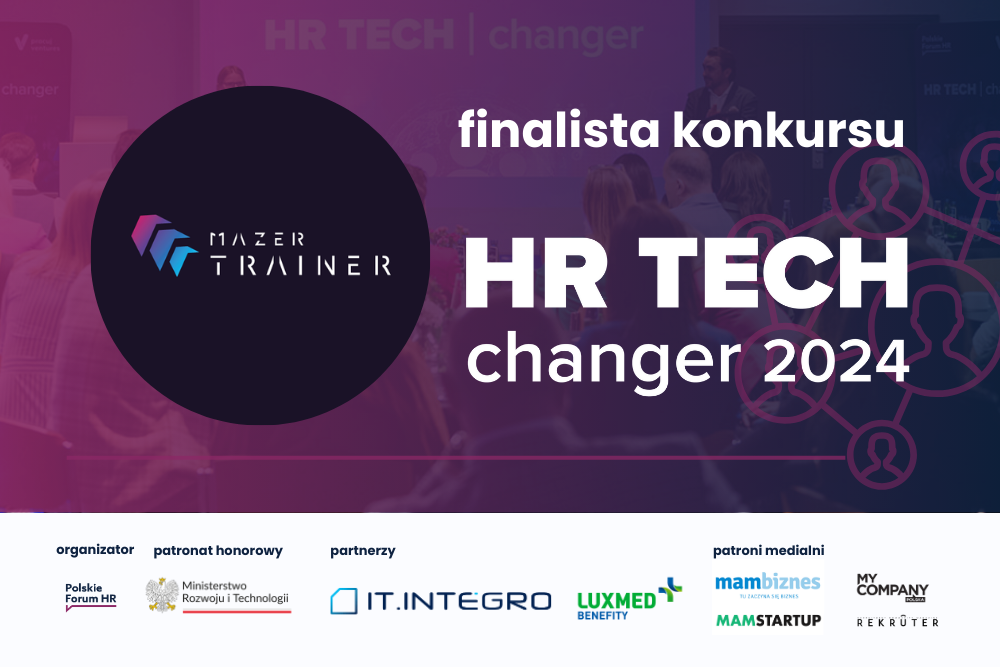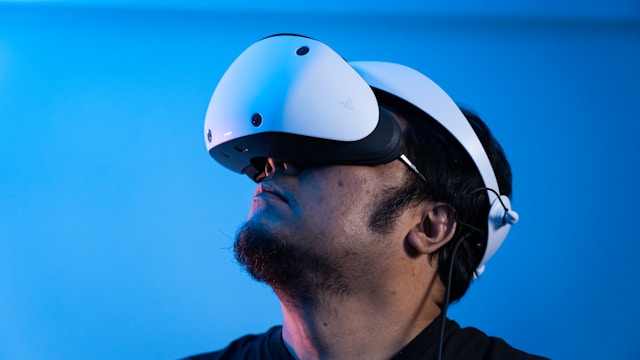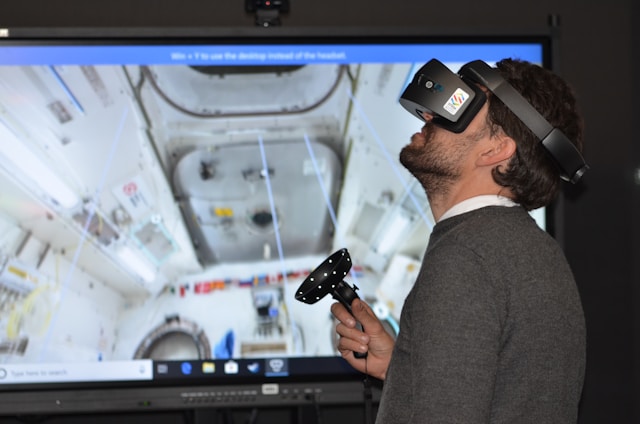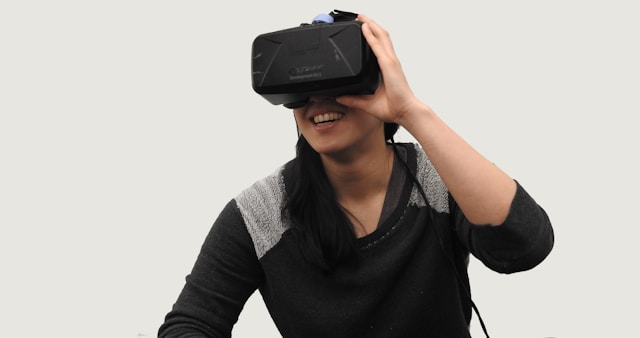The State of the Metaverse in 2022
Table of Contents:
It has been almost a year since Mark Zuckerberg announced that he would be changing Facebook to Meta. Since that time, the concept of the metaverse has gained enormous traction, with the world’s largest corporations investing billions of dollars into the idea. This led to a metaverse market value of over $63 billion in 2021, which is expected to rise to more than $1.6 trillion by 2030, according to Emergen Research. There are, however, many uncertainties surrounding the metaverse, and for these projections to occur, there is much work to be done. In this article, we will look at some of the research that has been carried out in the past year to see what state the metaverse is currently in and where it might be in years to come.
Reach
There is no doubt that the metaverse has begun to enter the public consciousness in recent months, in particular because of the attention it has received from companies like Microsoft pouring money into the idea. They turned heads in January of this year when they bought game developer Blizzard Entertainment for $75 billion, supposedly with the aim of providing the foundations for metaverse development. In fact, $120 billion was invested in metaverse related companies in the first 5 months of 2022, double that of 2021. In addition, in the first 6 months of 2022, the word ‘metaverse’ was included in regulatory filings more than 1,100 times, up from 260 in 2021.
This indicates that metaverse solutions for business are big news. For the public, however, the reach is still quite limited. While virtual goods, NFTs, virtual reality experiences, and digital real estate are certainly becoming more popular, many people are still unaware of or uninterested in the metaverse. A January 2022 Statista survey found that 31% of US adults had not even heard of the metaverse, with 27% saying that they were uninterested and 23% even suspicious of the concept. 20% thought it posed a big risk to personal privacy and 11% suggested that it’s just a fad. On the flip side, 33% were curious about it and 26% considered it to be the future of technology. Either way, people seemed quite divided at the beginning of the year. Later, in March, another Statista survey reported that 48% of those asked were not at all interested in attending a sporting event in the metaverse, and 41% not interested in going to online music events.
These issues would seem to be reflected in the numbers reported by two of the biggest metaverse platforms, Decentraland and The Sandbox. Though the former reported 8,000 users per day on average at its peak back in March, the number of people entering this virtual world has steadily dropped since then. The vast majority of those who visit these places are also passive users, with Decentraland only reporting 675 active users on its best day. The Sandbox received considerably more on its best day, with 4,503 active users, but these are hardly staggering numbers. This shows that there are many who still need to be convinced of the value of the metaverse, and a few who are yet to be made aware of its existence.
Unlock the future with Mazer: Your innovation partner.
Problems with perception of the Metaverse
It’s possible that those who are sceptical of the metaverse have been influenced by their perception of Facebook. Statista data shows that more people thought the company changed its name to Meta to avoid negative press than believed it did so to refresh the brand. Some even thought it was done to avoid legal repercussions and public scrutiny over the company’s handling of user data. Problems of data protection have plagued the internet for over a decade, and people will need to be assured that their information is completely secure before wholeheartedly diving into the metaverse, whatever benefits it may offer.
For those who are already sold on the idea, there are further issues. Proponents of the metaverse believe that it could revolutionize the world by bringing together virtual and physical experiences that fundamentally change culture, work, the arts, industry, leisure, and almost every other facet of life. Some believe that we can create so-called ‘metasocieties’ that reflect the values of our physical lives. However, along with all the potential legal and data privacy issues that must be overcome, there is another problem that currently prevents the metaverse from developing into its full potential: interoperability.
At the moment, there are many separate metaverse platforms and experiences. There are those where you can buy virtual land or shop for digital products, and those where you can go to play games or hang out with other people. However, there is no connection between these worlds and no way to carry out the formal transfer of information or value from one to another. Most metaverse supporters see it as a place without borders where people have direct control over their own data, without the interference of large companies with competing interests. They don’t want to be limited by different sets of hardware and software; they want freedom and autonomy. As Matthew Ball, CEO of Epyllion, describes, they want a network of interconnected and interoperable experiences. There are those working towards such a place. The Metaverse Standards Forum, for example, is working with metaverse businesses to bring about an open, connected, and interoperable virtual realm, while Ready Player Me avatars can already be ported into different worlds, such as Somnium Space and Spatial. Despite this, we are currently quite far from a fully interoperable metaverse.
There is a glimmer of hope, however. Blockchain technologies can be used to create communal ecosystems where everything is tied to one value system. Decentralized oracle networks like Chainlink can then be used to connect different blockchains so that the whole metaverse economy can be tied together. If such systems can be implemented successfully, we may yet see the development of the world that Matthew Ball describes.
Value and projections
All that being said, the growth of the metaverse is undeniable, and, if the projections for the next decade are to be believed, its rise is inevitable. Zuckerberg believes that the metaverse will not become fully established for another 5-10 years, so maybe we just need some patience. After all, the growth is there in many areas. Media and entertainment made up a large portion of the market in 2021. This is to be expected as world building and immersive storytelling are two big advantages of the metaverse, allowing entertainment companies to create deeper audience engagement. But there has also been increased demand for applications and products that are based on virtual, augmented, and mixed realities alongside a rise in the popularity of virtual tokens, the virtual economy, and online gaming in general. More NFTs are being traded, virtual real estate is being bought and sold, play-to-earn games are providing gamers with the opportunity to earn assets as they play, metaverse universities are being developed, metaverse stores have been opened, virtual art galleries are a growing business, and even the military are using the metaverse.
The business world, then, is where the metaverse has gained the most traction, so this is a good place to look to assess the state of the metaverse in 2022. In Accenture’s Technology Vision 2022 report, their survey revealed that 71% of executives think the metaverse will have a positive impact on their business, while 42% believed it will be transformational. According to Newzoo, more than 500 companies are already building their own metaverses, and Statista data shows that almost a quarter of companies invested in the metaverse see it as the future of business. Statista surveyed a group of companies who had already invested in the metaverse in March 2022, 17% of which stated that this area was a priority investment for them. This isn’t surprising, given that the potential total addressable market for the metaverse in 2022 in the US alone is worth 8.3 trillion US dollars. Though some of these metaverse businesses had doubts, in particular over cyber security issues, the majority believed that a boom would happen in the metaverse within the next 5 years.
Final thoughts
Though the metaverse is in its very early stages, and maybe isn’t even fully understood yet, it has certainly experienced healthy growth within the past year. At the moment, it is largely businesses that are interested in the metaverse, with consumers a way behind. The foundations are, however, being prepared for the wider community to enter this new virtual world, and most metaverse businesses are no doubt happy with the progress that has been made so far. The metaverse may look somewhat rudimentary and uncertain at this point in 2022, but it has the potential to become an open platform where almost all aspects of our lives can take place. The wheels are already in motion towards something far more sophisticated; something that could change the world as we know it.
Read also: How To Invest In The Metaverse
Sources
What is the current market value of the metaverse, and what is the projected value for 2030?
The metaverse had a market value of over $63 billion in 2021. According to Emergen Research, it is expected to rise to more than $1.6 trillion by 2030.
What is the current level of public awareness and interest in the metaverse?
In a January 2022 Statista survey, 31% of US adults had not heard of the metaverse, while 27% were uninterested, and 23% were suspicious of the concept. However, 33% were curious about it, and 26% considered it the future of technology.
What impact is the metaverse having on businesses, and how do executives view its future?
The metaverse has gained significant traction in the business world. According to Accenture’s Technology Vision 2022 report, 71% of executives believe it will have a positive impact on their business, with 42% seeing it as transformational. More than 500 companies are already building their metaverses.
Unlock the future with Mazer: Your innovation partner.

Author: Rafał Siejca
Rafal has over twenty years of corporate experience, including roles at Millennium Bank, Comarch, and leading software teams at PZU, one of Europe’s largest insurance companies. As one of Poland’s few true VR experts with a decade of experience, he ensures timely, high-quality project delivery as CEO and CTO.










